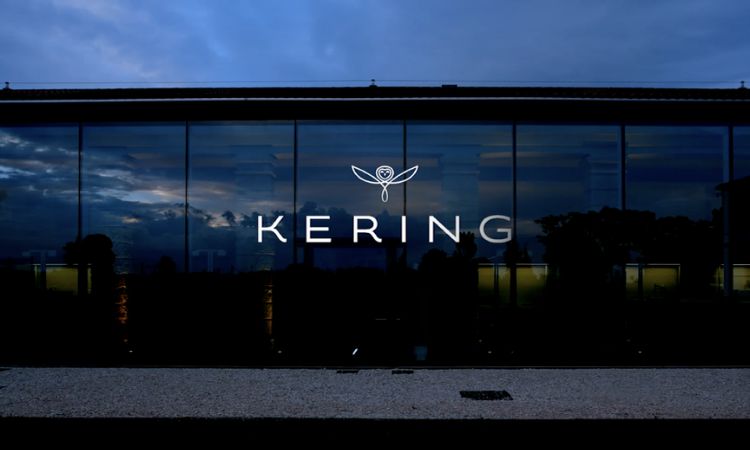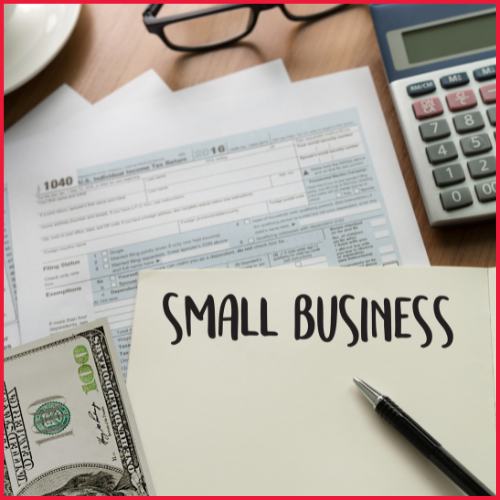As the owner of Gucci begins a strategically significant push into the cutthroat high-end beauty market, French luxury giant Kering spent €3.5 billion to purchase the fragrance company Creed.
Four people with knowledge of the situation spoke to the Financial Times and offered information about the conditions of the transaction announced last month for Creed, whose colognes were worn by royalty like King George III.
It is the most recent indication of the prices that consumers of luxury beauty products are prepared to pay. Aesop, a manufacturer of simple soap, was acquired by L’Oréal earlier this year for $2.5 billion.
Two of the individuals claimed that one of the factors contributing to the non-disclosure of the transaction’s specifics was the companies’ desire to keep Creed’s high-profit margins under wraps.
According to Kering, Creed’s sales for the year ending in March exceeded €250 million. According to two sources, Creed had margins above 50% and earnings before interest, taxes, depreciation, and amortization of roughly €150 million. This translates to an acquisition’s ebitda multiple being around 23 times, which analysts claimed highlighted the strength of Creed’s brand and the dearth of targets in the high-end beauty sector.

Kering chose not to comment:
James Henry Creed established a tailoring business in London in 1760 that catered to the royal families of Europe. Later, Creed transformed into a fragrance business and relocated to Paris in 1854 at Napoleon III’s request. The store’s signature product is the men’s fragrance Aventus, and it specialises in high-end perfumery.
In 2020, the Long Term Private Capital fund of asset management firm BlackRock acquired a controlling interest in Creed. According to a few of the people, the sale was negotiated by Javier Ferrán, the chairman of the consumer business Diageo and the International Airlines Group, who also made a personal investment and took the Creed chairmanship.
Thomas Chauvet, a Citi luxury goods analyst, called Kering’s purchase of Creed “a big price” and likely a premium above certain other recent mergers.
He pointed out that the company has a lot of room to grow beyond its current emphasis on men’s fragrance and expand into women’s lines and skincare. Chauvet stated, “It’s pricey, but it gives them credibility that their objectives in beauty are real.
The action also illustrates how Kering, which has the financial support of the wealthy Pinault family, views entering the beauty market as a top priority. Investors have questioned if Kering is overly dependent on premium brand Gucci, its most well-known brand, given that it has experienced slower growth lately compared to more established competitors like LVMH and Hermès.
With €20.4 billion in sales last year and a roster of brands like Yves Saint Laurent and Pomellato, Kering is one of the largest luxury firms in the world.
There aren’t many good prospects in high-end apparel or leather products, despite Kering’s attempts to acquire companies in the past, including fruitless discussions with Swiss company Richemont. This has led Kering to prioritize beauty as a key growth sector, according to a person familiar with the situation.
For its fashion businesses, including Bottega Veneta and Alexander McQueen, Kering said in February that it would establish a new beauty branch. A prominent executive from beauty titan Estée Lauder was also appointed by the company to lead the division.
Multiples for sales in the beauty sector have reportedly averaged between 22 and 23 times ebitda, according to analysts and industry professionals. Following the epidemic, sales of cosmetics and cologne surged quickly and have remained resilient despite recent high inflation.















